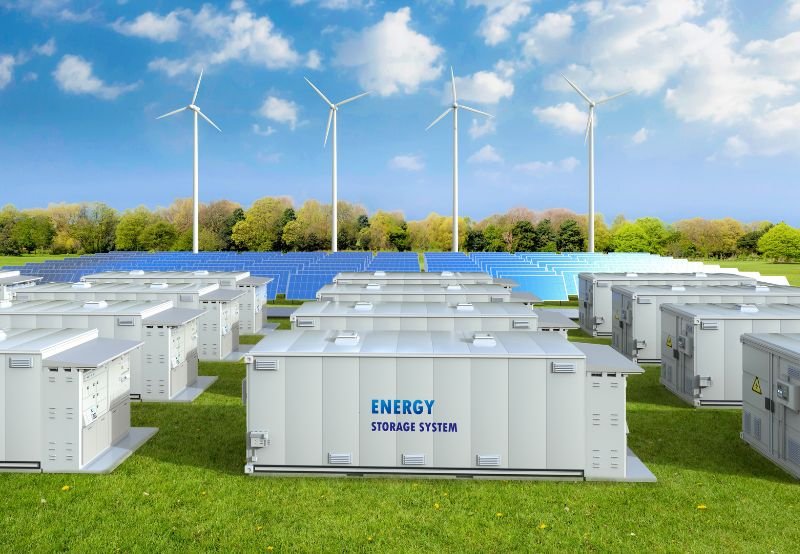The latest Energy Transition Index from the World Economic Forum for 2025 indicates that global efforts toward sustainable energy are accelerating, marking the fastest improvement since before the COVID-19 pandemic. According to the report, 65 percent of countries have seen enhancements in their energy transition scores, with 28 percent achieving advancements across all three key areas: security, sustainability, and equity.
Countries like Sweden, Finland, Denmark, Norway, and Switzerland lead the Index, benefiting from strong policy frameworks, solid infrastructure, and diverse clean energy resources. Emerging Europe has registered the most substantial progress, while Emerging Asia has surpassed the global average in energy transition efforts. Despite a notable $2 trillion investment in clean energy in 2024, energy security has stagnated, and global emissions reached a record high of 37.8 billion tons—a result of increased energy demand driven by technologies such as artificial intelligence and data centers.
The Energy Transition Index reveals a year-on-year increase of 1.1 percent, the highest since pre-pandemic levels. The equity dimension saw the most significant growth, supported by stable energy prices and the reduction of subsidies. Sustainability also improved through increased adoption of renewable energy sources and enhanced energy efficiency practices. However, energy security remains a concern, affected by rigid power systems and dependence on imports.
Roberto Bocca, Head of the Centre for Energy and Materials at the World Economic Forum, noted that energy systems are evolving at different rates. He emphasized that 28 percent of countries, including major energy players like Brazil, China, the United States, and Nigeria, have made advancements across multiple areas. Bocca highlighted the urgent need for investment in quickly developing economies to maintain this momentum.
The report indicates that advanced economies face challenges such as grid congestion, high energy prices, and delivery delays. In contrast, regions like Emerging Europe and Emerging Asia are making strides due to focused reforms and increasing investments in clean energy. For example, Latvia achieved the highest score in the Index, while Bosnia and Herzegovina showed the most significant growth.
China ranked 12th, leveraging its scale and innovation in clean energy investment, while Brazil led Latin America in the 15th position, thanks to improved energy diversification and lower prices. The United States achieved a top ranking in energy security due to its varied energy sources and strong innovative capacity.
The report outlines three critical priorities to ensure the energy transition stays on course: redefining energy security to include grid resilience and digital infrastructure, correcting capital distribution imbalances, especially in emerging economies, and addressing infrastructure challenges like permitting delays and workforce shortages. Since 2021, 80 percent of energy demand growth has occurred in emerging and developing nations, while 90 percent of clean energy investments have been concentrated in advanced economies and China.
To sustain progress, the report calls for adaptive policies that attract long-term investment, cooperation among stakeholders, modernization of infrastructure, workforce skill development, and scaling clean technology deployments, especially in sectors where emissions are hard to reduce. The findings underscore the need for tailored strategies as energy systems adapt amid climate pressures, geopolitical conflicts, and economic fragmentation. Continued global cooperation and regional collaboration are essential for a successful energy transition.




